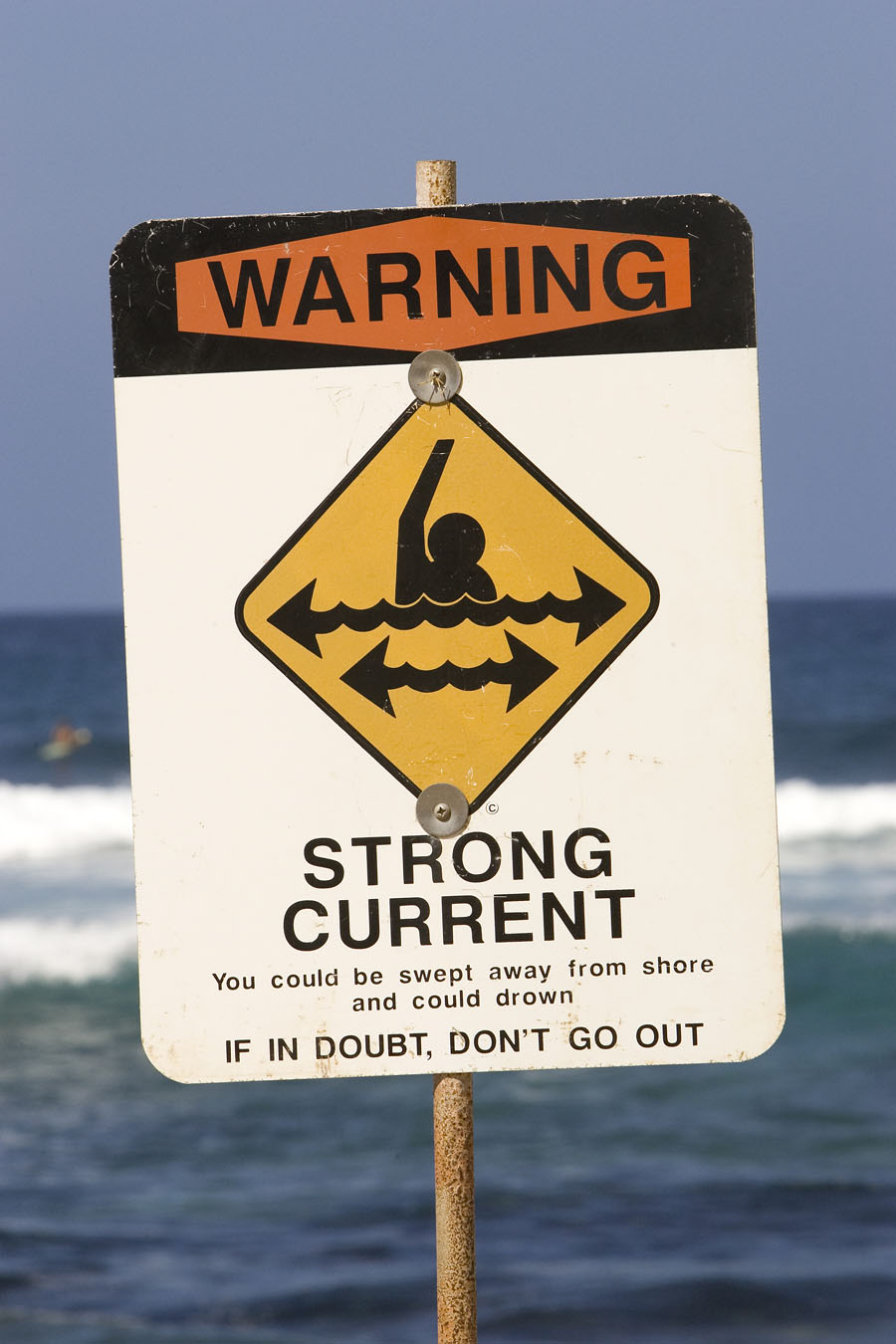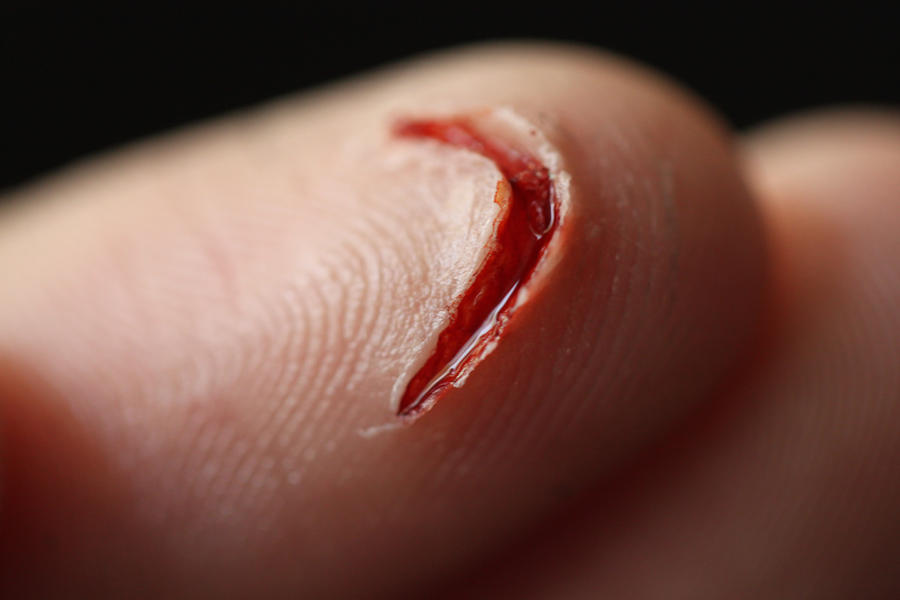Summer Ocean Safety Tips for Visitors
Hawaii receives a huge influx of visitors each year, 8,308,114 in 2014 to be exact. Most of these visitors are looking to enjoy some R&R on the beach and in the ocean! While Maui’s beaches are beautiful and inviting, you need to be aware of the conditions. Check out these ocean safety tips to ensure a fun and safe trip!
It is not uncommon to find murky water after rain on Maui with some beaches being more prone to brown water advisories than others, such as D.T. Fleming Beach on West Maui. When you arrive at the beach to find brown water, stay out of the ocean due to possible contamination and the attraction of sharks. The brown water is runoff from rivers which may carry fertilizer from golf courses or farms and disease from the animals upstream. The runoff also attracts sharks who forage through the water for dead fish and the poor visibility could lead to you being mistaken for lunch!
2. Beware Riptides and Currents

Many of Maui’s beaches are exposed to the elements which can make them dangerous to the novice or unaware beachgoer. Getting caught in a riptide can pull the strongest swimmer out to sea. Visit beaches with lifeguards who will post the conditions for the day and give you advice for entering the ocean. When going snorkeling, take note of which direction the current is flowing and swim against it in the beginning to be safe.
3. Note Swells

Maui is world famous for its waves which attract countless surfers every year. While winter brings the biggest swells, summer can also bring dangerous waves as well. To avoid injury, never enter the water when the waves are beyond your comfort level. When in doubt, don’t go out. Also check the season, the south shore will experience larger swells in the summer whereas the north shore experiences the largest swells in the winter. Makena Beach shorebreak causes injuries every summer!
4. Don’t Go Out Alone

It is always better to have a buddy, especially in the ocean. Even when you are most confident, something may go wrong and it can be lifesaving to have someone there to help you. Locals know to never try a new spot alone or push their limits unless with somebody who can help. Plus it is more fun with a friend!
5. Don’t Swim with Cuts or Open Wounds

It is important to stay out of the ocean when you have any open wounds. As beautiful as our oceans are, waters close to land masses often carry bacteria due to runoff. Open wounds are prone to infection so best practice is to stay out of the water and stay dry. If you HAVE to enter the ocean, find waterproof band aids and make sure wounds are properly sealed and covered.

